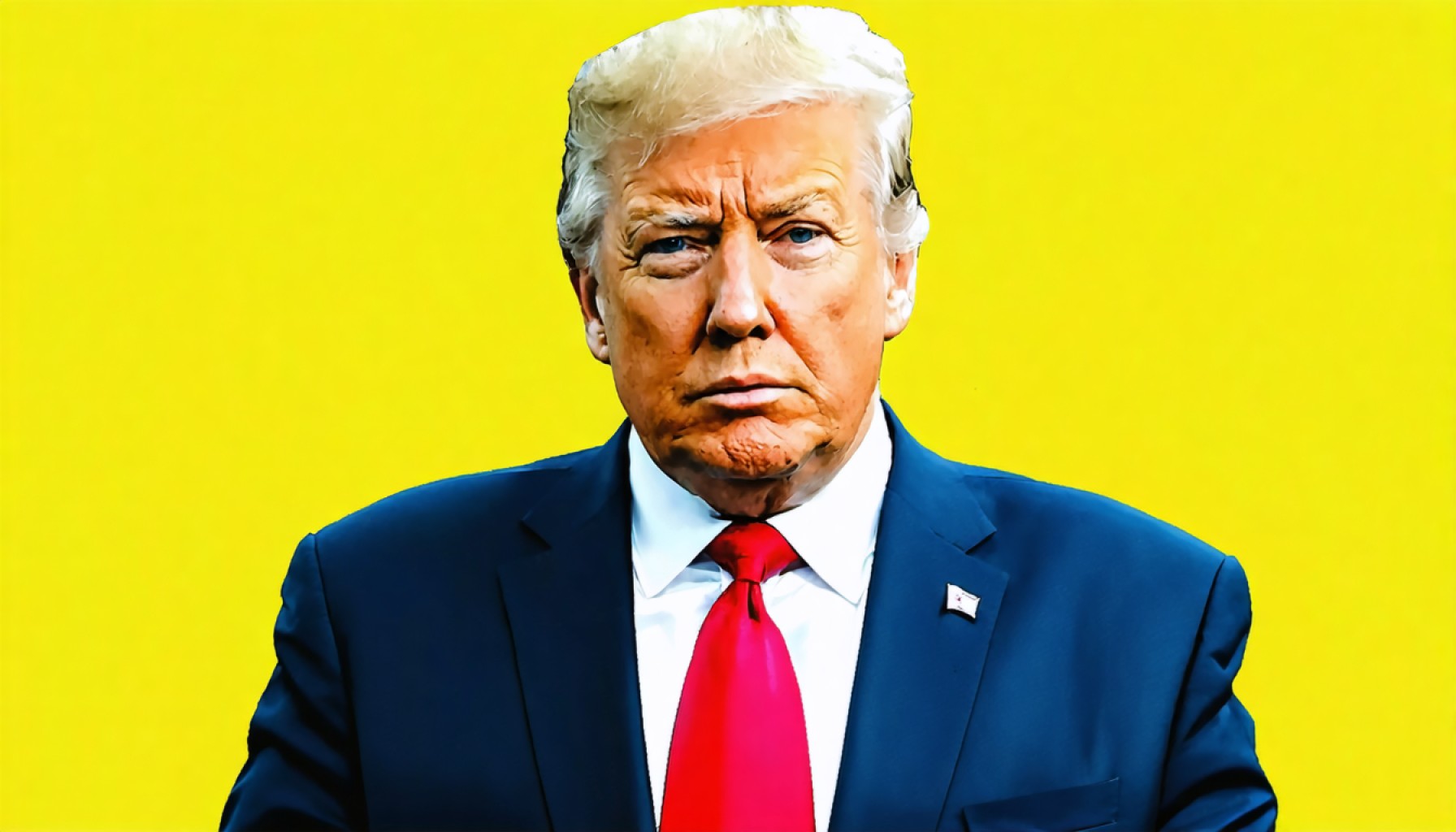- A prominent political figure in China, once seen as a model leader, is under intense investigation for severe misconduct.
- The vice-chairman of the Agricultural and Rural Affairs Committee, who held high-ranking positions like Governor of Jilin Province and Party Secretary of Hubei, faces significant scrutiny.
- The Central Commission for Discipline Inspection has revealed details of the investigation, causing shockwaves across the nation.
- This case emphasizes the critical importance of ethics and vigilance in public service, reminding everyone that no one is beyond accountability, regardless of their status.
- China reaffirms its zero-tolerance stance on corruption, highlighting the necessity of integrity as a guiding principle in governance.
A political storm is brewing in China as a prominent figure now stands at the center of an intense investigation. Once hailed as a stalwart of public leadership, the distinguished vice-chairman of the Agricultural and Rural Affairs Committee, finds himself embroiled in allegations of severe misconduct.
The bustling corridors of power have rarely witnessed such a precipitous decline. Born in the vibrant summer of 1957, he carved his path through the intricate maze of Chinese politics, holding esteemed positions such as the Governor of Jilin Province and later serving as the Party Secretary of Hubei.
The sands of fortune now shift dramatically beneath his feet. On February 21, the Central Commission for Discipline Inspection, a formidable force against corruption, announced the depth of his alleged transgressions, unveiling an investigation that’s both unprecedented and shocking. This sudden scrutiny casts a shadow over his once-illustrious career, igniting discussions and debates across the nation.
Whispers ripple through the political landscape, as citizens and officials grapple with the implications. This event underscores a critical message: vigilance and ethics remain paramount, irrespective of status. The case serves as a stark reminder that no one is beyond accountability, and integrity stands as the cornerstone of public service.
As the inquiry unfolds, China’s message to its leaders—and the world—is clear: corruption will not be tolerated, and justice will prevail. In the ever-evolving tapestry of governance, the moral compass must remain steady, navigating through storms and challenges alike.
Scandal Unveiled: The Fall of a Chinese Political Titan
How-To Steps & Life Hacks: Navigating Political Scandals
1. Stay Informed: Follow credible news outlets like BBC and CNN for ongoing updates.
2. Understand the Context: Delve into the specifics of Chinese political structure and past corruption cases to better grasp the implications.
3. Public Response: Analyze how local and international communities react. Join forums to discuss and stay updated, like those on social media platforms.
4. Critical Evaluation: Learn to discern credible information from speculation or rumors.
—
Real-World Use Cases: Implications of Political Corruption
– Policy Shifts: Such cases often lead to tighter regulations and amendments in governance to prevent future misconduct.
– Market Impact: Investor confidence can waver, affecting stock markets due to instability or policy changes.
– Public Awareness: Increases focus on political transparency and integrity globally, inspiring change in distant governments.
—
Market Forecasts & Industry Trends
The Chinese government’s approach to handling corruption defines their future economic and geopolitical strategies. We anticipate:
– Stricter Compliance: Enhanced regulatory frameworks to suppress future scandals.
– Economic Stability Measures: Policies aimed at comforting foreign investors amidst turbulence.
Experts suggest these reforms could steady China’s growth trajectory but might initially slow down decision-making processes due to increased bureaucracy.
—
Reviews & Comparisons
China’s anti-corruption drive shares similarities with initiatives in other countries, like India’s “Clean India” mission or Brazil’s “Lava Jato.” However, China’s scale and centralized approach differ greatly, offering a unique template for centralized governance models.
—
Controversies & Limitations
The main controversy revolves around the true motivations behind the investigations. Critics argue:
– Political Motives: Some see these actions as a means to eliminate political rivals rather than purely ethical enforcements.
– Transparency Issues: In-depth proceedings are often opaque, leading to skepticism about their fairness and outcomes.
—
Features, Specs & Pricing: Analyzing the Commission for Discipline Inspection
– Structure: Large centralized agency with branches in all major provinces.
– Mandate: Investigate corruption, ensuring adherence to the Communist Party’s ethical guidelines.
– Budget: Significant allocation reflecting priority, but exact figures remain undisclosed.
—
Security & Sustainability
The push against corruption promises greater public trust and improved governmental accountability, ensuring a more sustainable political environment. Researchers affirm that transparent governance leads to long-term stability and reduced societal unrest.
—
Insights & Predictions
– Short–Term: Heightened scrutiny of officials likely to alter current political dynamics.
– Long–Term: Anticipate more robust legal and ethical guidelines influencing global political arenas.
—
Tutorials & Compatibility
To better understand these topics, consider engaging with online courses on Chinese politics or global governance ethics offered by institutions such as edX.
—
Pros & Cons Overview
Pros:
– Demonstrates commitment to ethical governance
– Sets precedence for transparency
Cons:
– May create political instability
– Potential use for political maneuvering rather than justice
—
Actionable Recommendations or Quick Tips
– For Citizens: Advocate for transparency in governance; participate in dialogues about political accountability.
– For Businesses: Stay informed about political climates to manage risks related to investments.
Use these insights to remain vigilant, and remember: in the complex world of politics, knowledge is indeed power.
